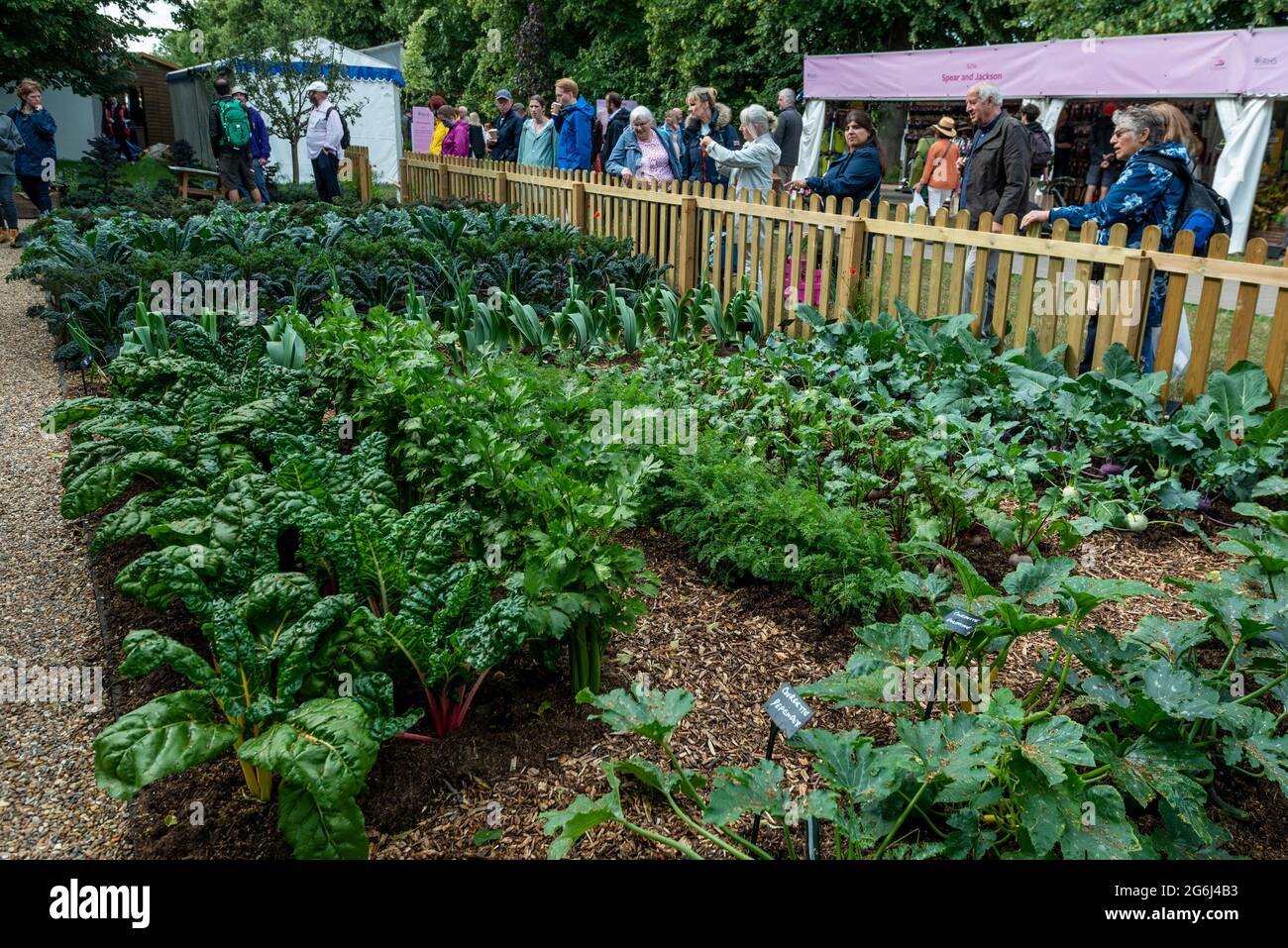
Avoiding excessive light watering is the best way to water your vegetable garden. This will cause the plants to develop shallow roots and need more watering than those with deep roots. Instead, water your vegetable garden only as needed. Too much rain can also cause damage to your plants. You should water your garden no more than once a week.
A cooler weather will decrease evaporation. This means that the leaves won't dry out as quickly overnight. A downside to watering your garden in the afternoon is the fact that it isn't the most pleasant time. It's also not a good idea to water your vegetables in the afternoon. The fruits of your labour won't be possible if you don't use a hose in afternoon.

You can save water by watering your vegetable garden at night or in the morning. Overhead sprinklers can increase the water evaporation rate for your vegetables. A rain gauge can be a helpful tool when you're in the garden. A weather station can be a great way to see the forecast even if your not there. To determine when you should water your garden, it's a good idea read the local rain gauge.
Hand watering is another great way to water your vegetable gardens. This will ensure that water reaches the roots of the plants. Many people don't have time to do this daily, so a hose can make it much easier. A soakerhose is a hose that can be snagged through garden beds to provide continuous water. This is the best method to grow vegetables in small spaces.
It is not a good idea to water a vegetable garden in the afternoon. It is during this time that the plant's leaf stress levels are highest, so excessive watering may cause burns. Your vegetables may also grow smaller leaves due to the heat from the sun. If you want to keep them healthy, you can avoid overwatering. It's better for vegetables to be irrigated throughout the day, than to worry about their water needs.

A few rules are the best way to water your vegetable garden. It is important to be aware of the types of vegetables that you are growing. Some vegetables require more water than others. When choosing the vegetables you want to grow in your garden, it is important to be aware of these differences. The type of fruit you wish to grow will depend on the species. You can choose from fruiting or nonfruiting tomatoes.
FAQ
What vegetables are good to grow together and what are the best?
The combination of tomatoes and peppers is great because they love the same temperatures and soil conditions. They work well together as tomatoes need heat to ripen and peppers need lower temperatures for optimal flavor. You can try planting them together by starting seeds indoors six weeks before transplanting them outdoors. Once the weather warms up, transplant the tomato and pepper plants outdoors.
Do I need to buy special equipment to grow vegetables?
No, not really. All you need is a shovel, trowel, watering can, and maybe a rake.
What is the difference in hydroponics and aquaponics?
Hydroponic gardening makes use of nutrient-rich water rather than soil to grow plants. Aquaponics blends fish tanks with plants to create a self sufficient ecosystem. It's like having your farm right in your home.
What length of time can I keep an indoor flower alive?
Indoor plants can last for many years. To ensure new growth, it's important that you repot indoor plants every few years. Repotting is simple. Just remove the old soil, and then add fresh compost.
How can you prepare the soil to grow vegetables in your garden?
It is simple to prepare soil for your vegetable garden. First, remove all weeds in the area where you plan to plant vegetables. Add organic matter such as leaves, composted manure or grass clippings, straw, wood chips, and then water. Then water the plants well and wait for them to sprout.
Which seeds should you start indoors?
The best seed for starting indoors is a tomato seed. Tomatoes can be grown quickly and they bear fruit all year. When growing tomatoes in pots, be careful when transplanting them into the ground. You should not plant tomatoes too soon. The soil can dry out, and the roots could rot. Plant diseases like bacterial disease can quickly kill plants.
How much light does a tree need?
It depends on the plant. Some plants need 12 hours per day of direct sunlight. Others prefer 8 hours in indirect sunlight. Vegetables require at least 10 hours of direct sunlight per 24-hour period.
Statistics
- According to the National Gardening Association, the average family with a garden spends $70 on their crops—but they grow an estimated $600 worth of veggies! - blog.nationwide.com
- As the price of fruit and vegetables is expected to rise by 8% after Brexit, the idea of growing your own is now better than ever. (countryliving.com)
- Most tomatoes and peppers will take 6-8 weeks to reach transplant size so plan according to your climate! - ufseeds.com
- It will likely be ready if a seedling has between 3 and 4 true leaves. (gilmour.com)
External Links
How To
How do I keep weeds from my vegetable garden?
Growing vegetables that are healthy is not possible due to weeds. They compete for water, nutrients, sunlight, and space. These tips will prevent them destroying your garden.
-
Dig up all plants when they flower
-
Remove any plant debris around the base of the plant
-
Mulch
-
Get enough water
-
Rotate crops
-
Do not allow the grass to grow.
-
Keep soil moist
-
Plant early
-
Harvest often
-
Add compost
-
Avoid chemical pesticides
-
Get organic vegetables
-
Get heirloom seeds
-
Start small
-
Learn more about companion planting
-
Be patient
-
Enjoy gardening!